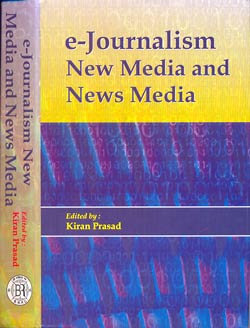Canberra.
The next speaker at ANZCA 2010 is my QUT colleague (and current ANZCA president) Terry Flew, whose focus is on Australian and New Zealand communication research. ANZCA began in 1980 as the Australian Communication Association, and there have been a few overviews of the history of communication research in Australia and the region since; but what is interesting about this is that there is mainly a focus on a historical, temporal perspective, rather than including a spatial aspect as well: how do communications systems differ from one another across countries and regions, and more importantly, why?

 First, with a chapter on "
First, with a chapter on "










